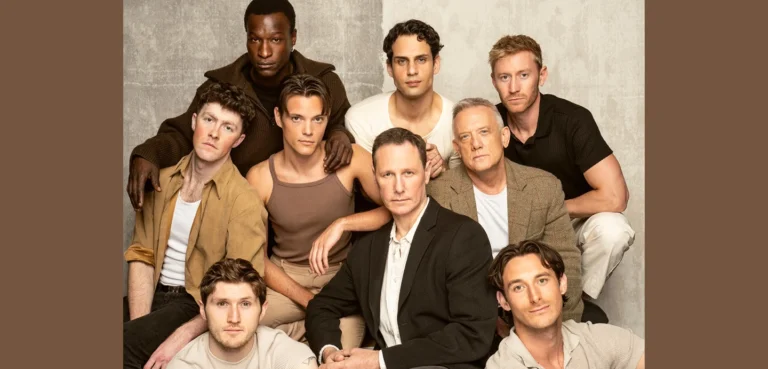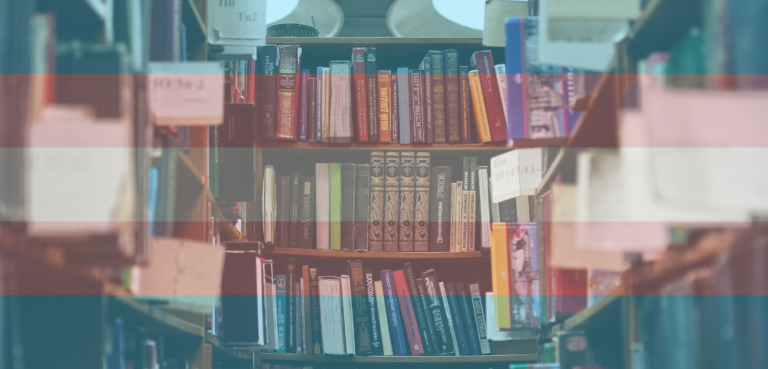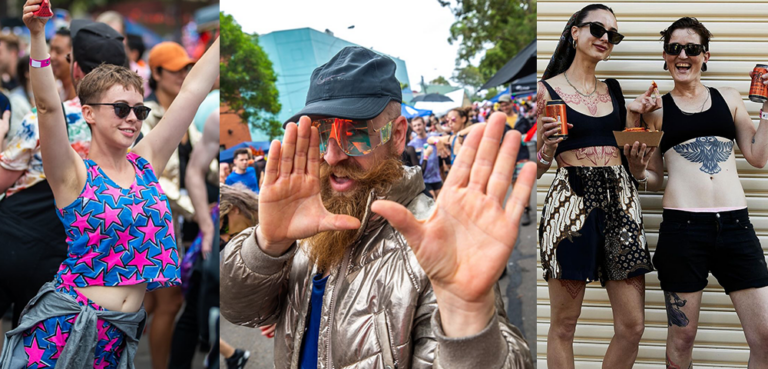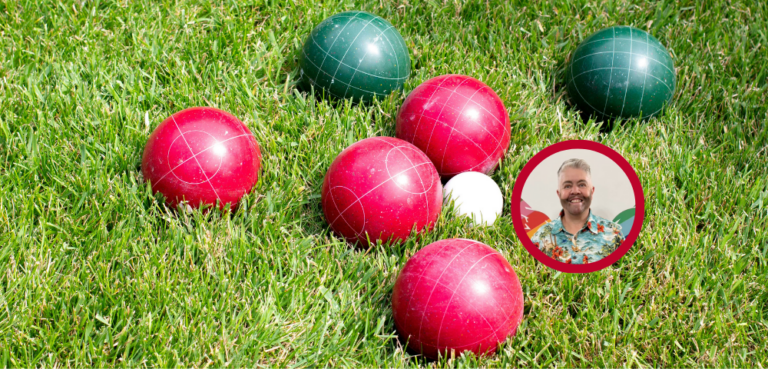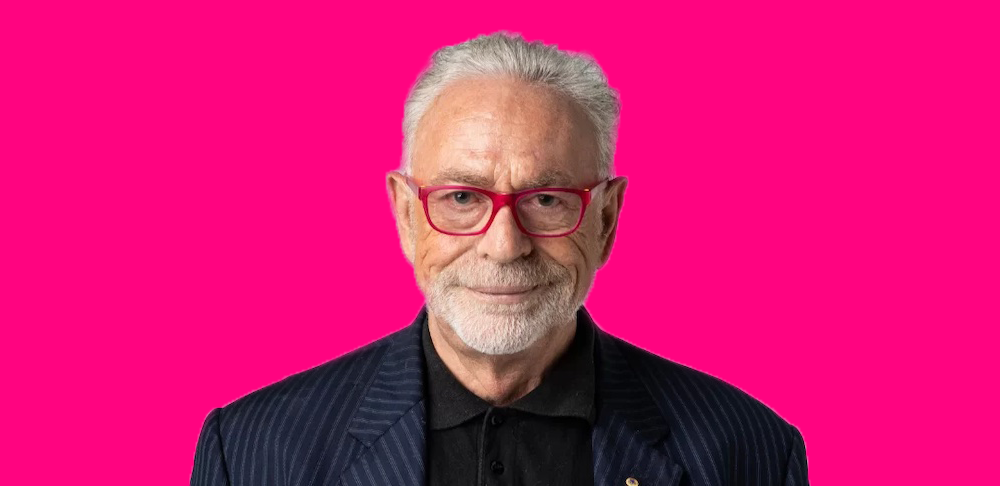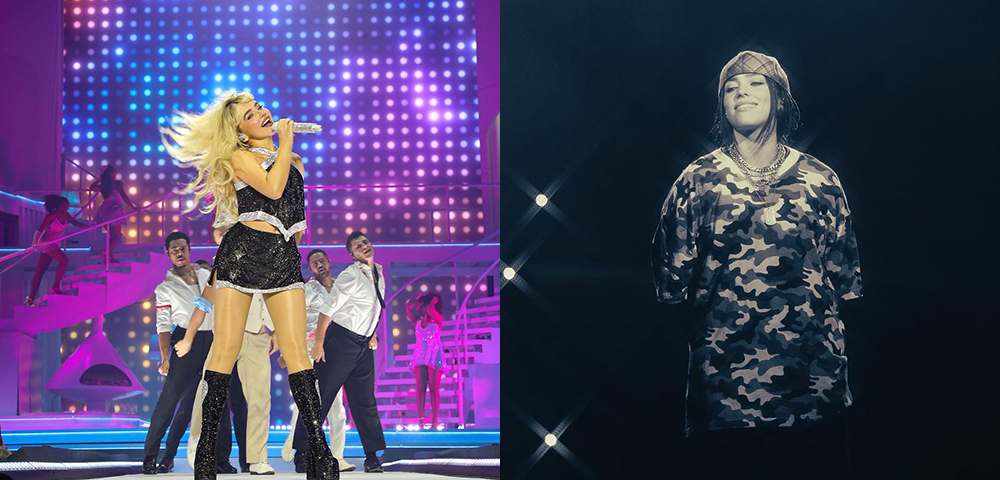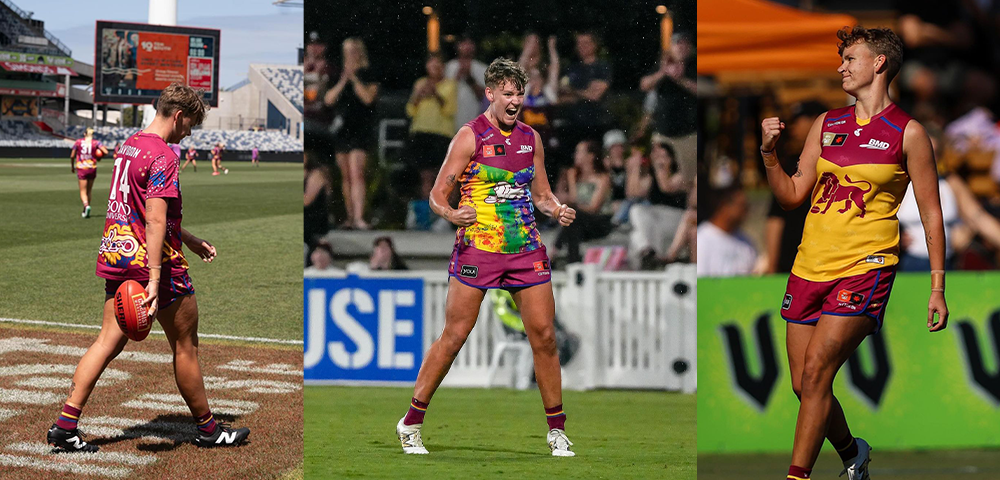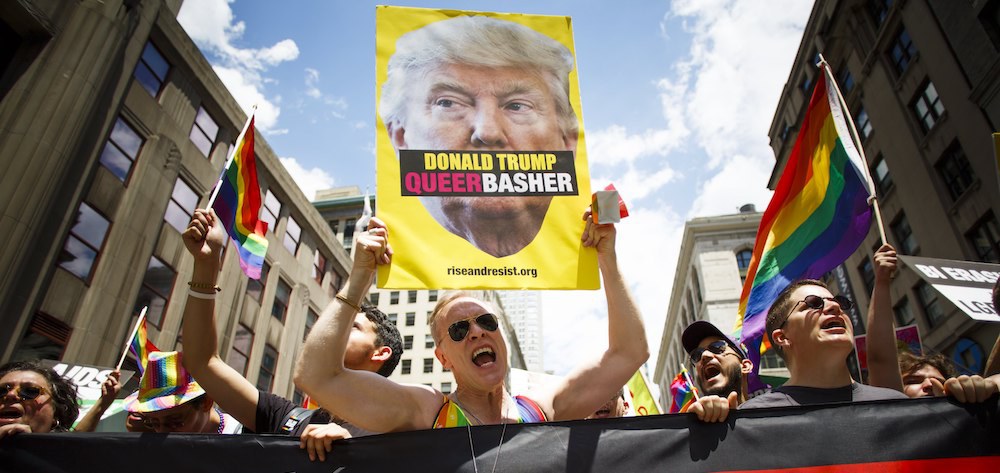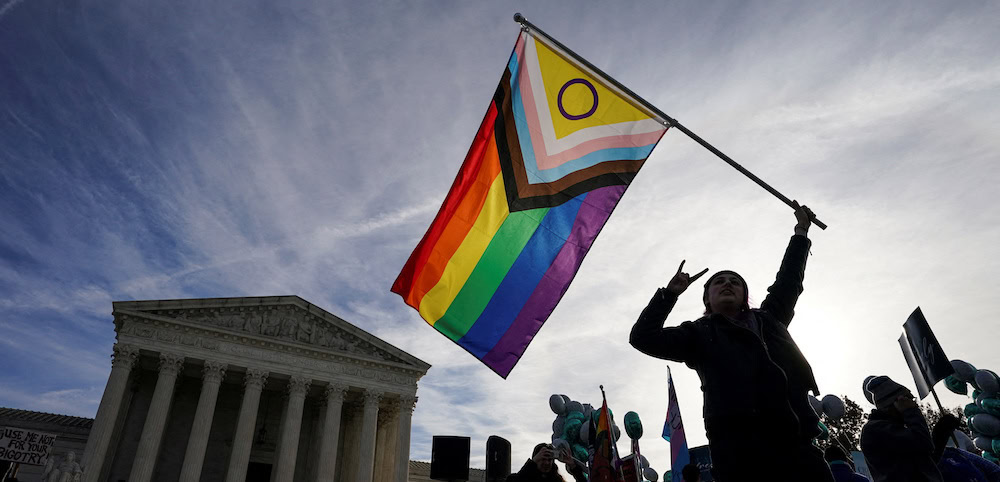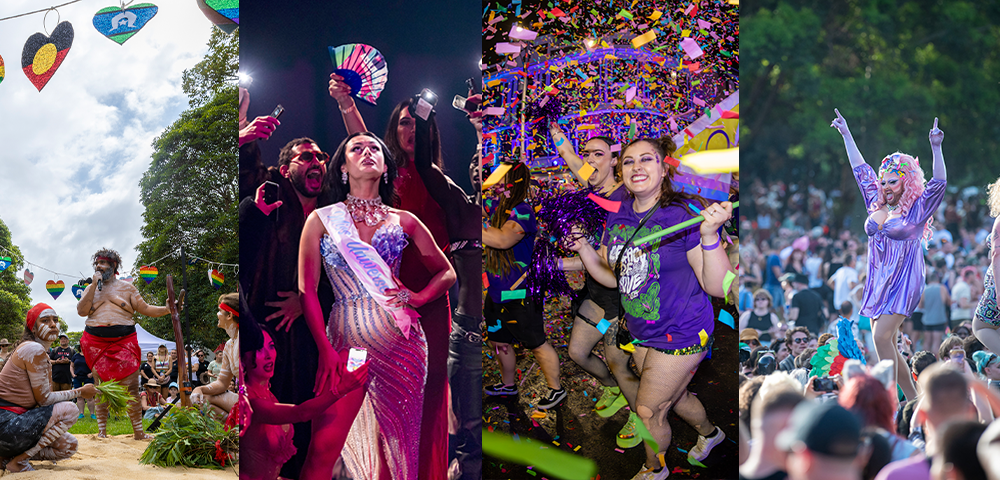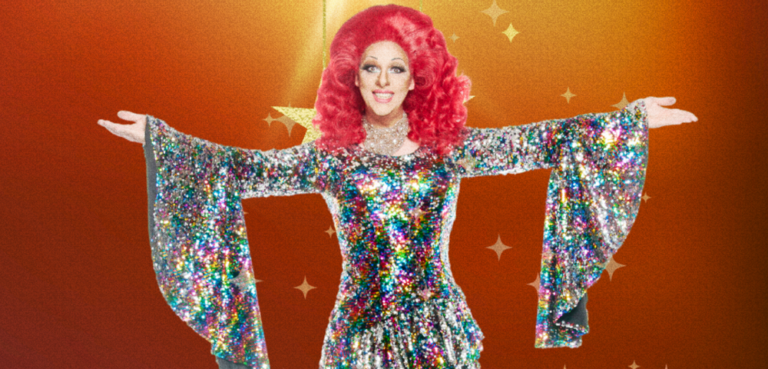
NZ Olympic Team Welcomes First Openly Gay Diver – Anton Down-Jenkins
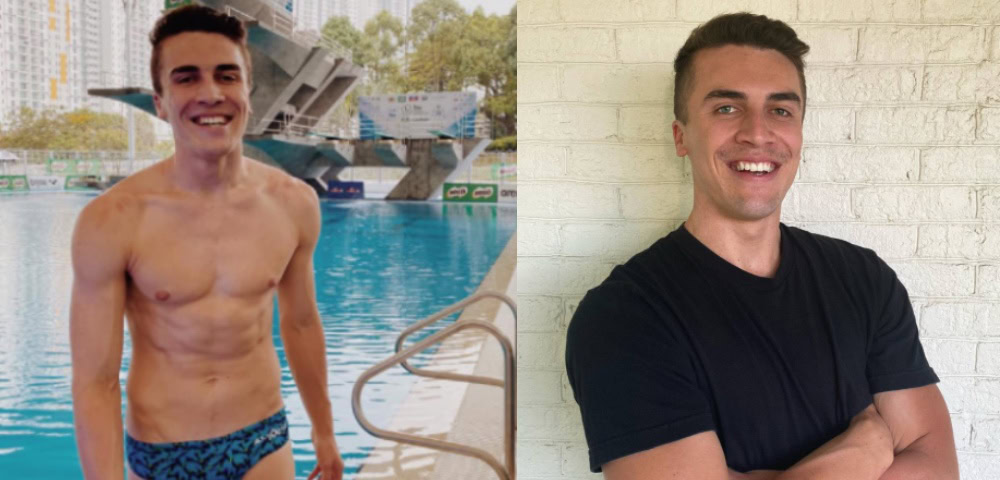
The NZ Olympic team welcomes Anton Down-Jenkins, not only the first male to compete in diving at the Olympic Games for New Zealand since 1984 but also the first ever out gay diver to compete for New Zealand at an Olympic Games, opening in just under 50 days.
Down-Jenkins splashes down as New Zealand’s first out gay diver in Tokyo, Japan where, despite the rising concerns about Covid-19, Japan’s struggling health system and the impending influx of athletes, support teams and media into the country, the opening ceremony is set to take place on July 23 at the Olympic Stadium, Tokyo.
Anton Down-Jenkins will be representing Team NZ🇳🇿 and #TeamLGBTQ🏳️🌈 in Tokyo this summerhttps://t.co/icMcuh27Kj
— Outsports (@outsports) June 1, 2021
NZ’s First Out Gay Diver Is Proud
Down-Jenkins is a proud and vocal member of the LGBTQI community and is keen to use his elevated platform to represent and advocate for his community, which is why he announced it publicly.
View this post on Instagram
“There isn’t enough LGBTQI+ representation in the [sport] media, which is why I felt the need to bring it forward and to publicly announce that I am a member of the LGBTQI+ community, I want to be that representation. I want people to see that I’m out here,” he said to stuff.co.nz.
“I’m thriving. I’m competing at the highest level of sport that you can and there just needs to be more of it. For sport to be a safe place there needs to be more representation in the media. It needs to become more normalised.”
Down-Jenkins does acknowledge those who came before him who made being an out and gay man at the Olympic levels of diving an acceptable and supported goal.
“I grew up having that LGBTQI+ representation in sport. There’s [British diver] Tom Daley who is a multi-Olympic medalist, you have (Australian diver) Matthew Mitcham who won gold in Beijing [and was the first openly gay athlete to win Olympic gold].
“They definitely helped pave the way for LGBTQI+ representation in our sport,” he said.
“I was so fortunate growing up that I knew my sexual identity has absolutely nothing to do with how far I could get in sport, because of them. I’m so grateful for that.”
View this post on Instagram
Down-Jenkins moved from New Zealand to America in 2018 to assist with his diving career and despite battling Covid-19 himself during his preparation, managed to secure his Olympic quota spot at the Diving World Cup Olympic qualification event held in Japan in May.
Homophobic And Sexist Banter Is Still Problematic In Sports
While Down-Jenkins himself has avoided explicit and direct homophobia in his chosen sport, thanks to those pioneers who came before him, such behaviour is still rampant in many levels of sport both in a community sense and at the highest echelons of sports across the world, though Erik Denison, lead author from Monash’s Behavioural Sciences Research Laboratory, who also spoke to stuff.co.nz, thinks the solution for all sports is not as hard as we are making it out to be.
“And really, this is not a very complex problem. But we need the sport to actually do something about it.”
“We also see that when you decide as a group to be inclusive, to be welcoming, all those toxic characters who kind of lurk in the corners of sport clubs, they suddenly realise that they are not just in the minority, but they are unwanted,” Denison said.
“Ultimately, it’s going to help with this big problem we have, which is the homophobic and sexist banter that it seems most people in rugby and all sports don’t want to continue.”
Down-Jenkins HAS had experience with that type of behaviour at school and it became such an issue that he actually had to change schools and actively seek out an education that welcomed him and his true self.
“I didn’t identify with all of that. I didn’t feel at home in that environment,” he said.
So he moved to a school with a more welcoming environment, which he says was the “polar opposite”, where people from every aspect of the LGBTQI+ community were “open” and accepted.
“That environment, where I was surrounded by so many [supportive] people … helped me come to terms with my identity and helped me shape who I am and how comfortable I am as a person,” he said.
“That’s why I never felt the need to ‘come out’. I’ve never felt the need to explicitly tell people [in his life] ‘I’m gay’. I’m very fortunate because I know that’s not the reality for a lot of people.”
